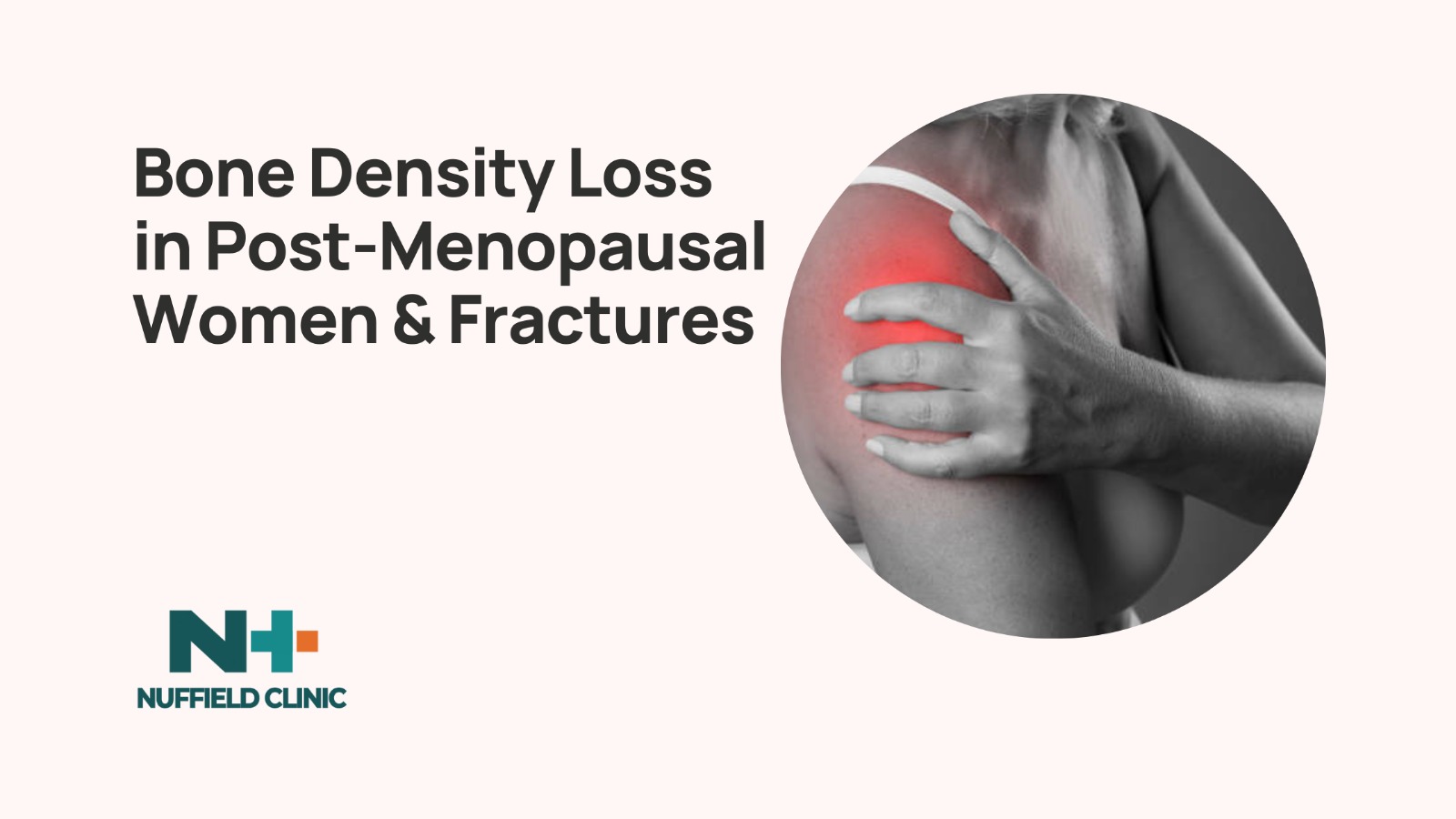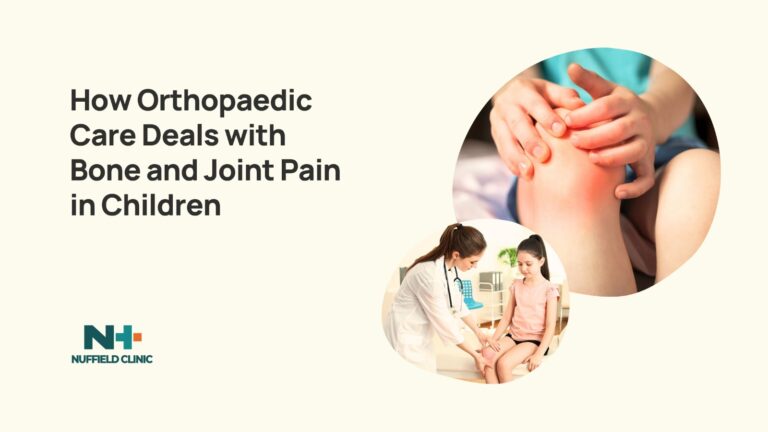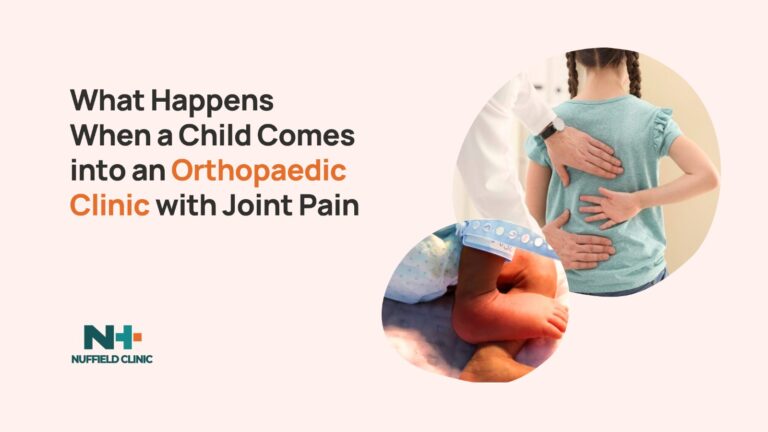How to Manage Bone Density Loss in Post-Menopausal Women and Prevent Fractures

Are you a post-menopausal woman concerned about your bone health, or are you caring for someone who is? If so, this article will guide you through the essential strategies for managing bone density loss, including lifestyle changes, nutrition, and medical treatments.
Understanding how to prevent fractures and improve quality of life is crucial for maintaining mobility and independence as you age, and this article provides the knowledge you need to protect your bones and your health.
As women age and enter menopause, they experience various changes in their bodies, one of the most concerning being a decline in bone density. This condition, primarily driven by a decrease in estrogen levels, accelerates bone resorption and significantly increases the risk of osteoporosis.
The resulting bone thinning can lead to fractures, which can severely affect a woman’s mobility, independence, and overall quality of life. However, through proactive management strategies, post-menopausal women can manage bone density loss effectively, prevent fractures, and improve their well-being.
Understanding Osteoporosis in Post-Menopausal Women
Osteoporosis is a condition characterized by weakened bones and a higher susceptibility to fractures, particularly in post-menopausal women. Research shows that up to 20% of bone loss can occur during the menopause transition, which significantly affects bone strength.
Around one in two women over the age of 60 will experience an osteoporotic fracture, leading to serious consequences such as chronic pain, reduced mobility, and loss of independence. Preventing and managing this condition is essential for maintaining quality of life.
Key Strategies for Managing Bone Density Loss
1. Risk Assessment
Before diving into management strategies, it is crucial to assess an individual’s risk for osteoporosis. Regular screenings are vital, especially for women over 65 or those with additional risk factors. Key risk factors include:
- Age: Bone density naturally declines with age.
- Family history: A family history of osteoporosis increases the risk.
- Previous fractures: Women who have experienced bone fractures in the past are at a higher risk of future fractures.
- Lifestyle factors: Smoking, excessive alcohol consumption, poor nutrition, and a sedentary lifestyle can all contribute to bone density loss.
2. Lifestyle Modifications
Making certain lifestyle changes can significantly improve bone health and slow the progression of bone loss:
- Dietary Changes: Ensuring an adequate intake of calcium and vitamin D is essential for bone health. Women should aim for 1,200 mg of calcium and 800-1,000 IU of vitamin D per day. Foods rich in these nutrients include dairy products, leafy greens, and fortified foods.
- Exercise: Regular weight-bearing and resistance exercises can help maintain or even improve bone density. Activities such as walking, dancing, and strength training can be particularly effective in improving bone health and reducing fracture risk.
- Avoiding Risk Factors: Limiting alcohol intake, quitting smoking, and preventing falls through home safety modifications are crucial steps in managing bone density loss.
3. Pharmacological Interventions
For women at high risk or those already diagnosed with osteoporosis, medications may be necessary to slow bone loss and stimulate bone formation:
- Bisphosphonates: These drugs help slow bone resorption, which can prevent further bone loss and fractures. They are available in both oral and intravenous forms.
- Estrogen Therapy: Hormone replacement therapy (HRT) can be effective in reducing bone loss and preventing fractures, but it is important to consider the risks and benefits on a case-by-case basis.
- Anabolic Agents: Medications such as teriparatide stimulate the formation of new bone, which is beneficial for women with severe osteoporosis.
- Denosumab: This injectable medication inhibits bone resorption and is effective in preventing fractures.
4. Monitoring and Follow-Up
Bone density can fluctuate over time, so regular monitoring is crucial. Bone densitometry tests should be conducted periodically to track changes in bone density and adjust treatment strategies as needed.
Regular follow-up appointments with healthcare providers ensure that any changes in bone health are detected early, allowing for timely intervention.
Preventing Fractures and Improving Quality of Life
Preventing fractures is a primary goal in the management of osteoporosis, as fractures can lead to long-term pain, disability, and decreased quality of life.
In addition to medications, ongoing lifestyle changes and early intervention are critical. Maintaining physical activity, ensuring proper nutrition, and managing risk factors for falls are all important components of fracture prevention.
Moreover, empowering post-menopausal women with knowledge about bone health is essential for ensuring they take active steps to protect their bones.
Educating women about osteoporosis prevention, recognizing the signs of bone loss, and knowing when to seek medical help can significantly improve health outcomes.
The Role of Nuffield Clinic in Managing Bone Density Loss
At Nuffield Clinic, we understand the complexities of managing bone density loss in post-menopausal women. Our team of specialists provides comprehensive care that combines lifestyle modifications, personalized nutrition advice, and advanced pharmacological treatments to address osteoporosis and improve quality of life.
Whether you are looking for an expert consultation, risk assessment, or ongoing treatment, Nuffield Clinic is here to support you on your journey to better bone health.
If you or a loved one is experiencing bone density loss or osteoporosis, don’t hesitate to reach out to us for specialized care tailored to your unique needs. By working together, we can help you prevent fractures, improve mobility, and enhance your overall well-being.
Conclusion
Managing bone density loss in post-menopausal women requires a multifaceted approach, combining lifestyle changes, proper nutrition, pharmacological treatments, and regular monitoring. Early intervention can reduce the risk of fractures and improve the quality of life for women navigating this challenging phase.
At Nuffield Clinic, we are committed to providing expert care and support for women dealing with bone health issues, ensuring they can lead active, independent lives for years to come.
For personalized care and treatment, contact Nuffield Clinic today. Your bone health is in good hands.







